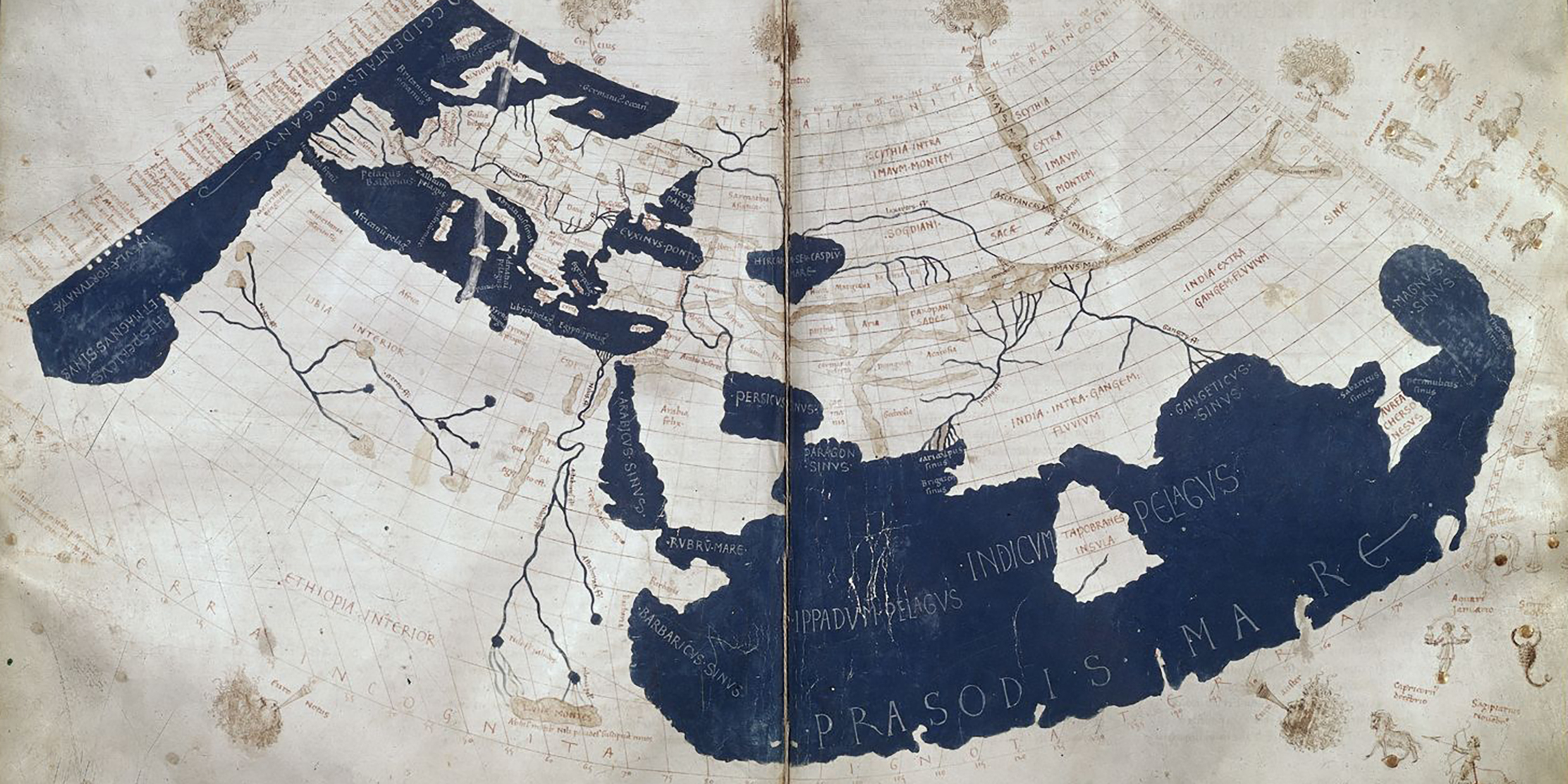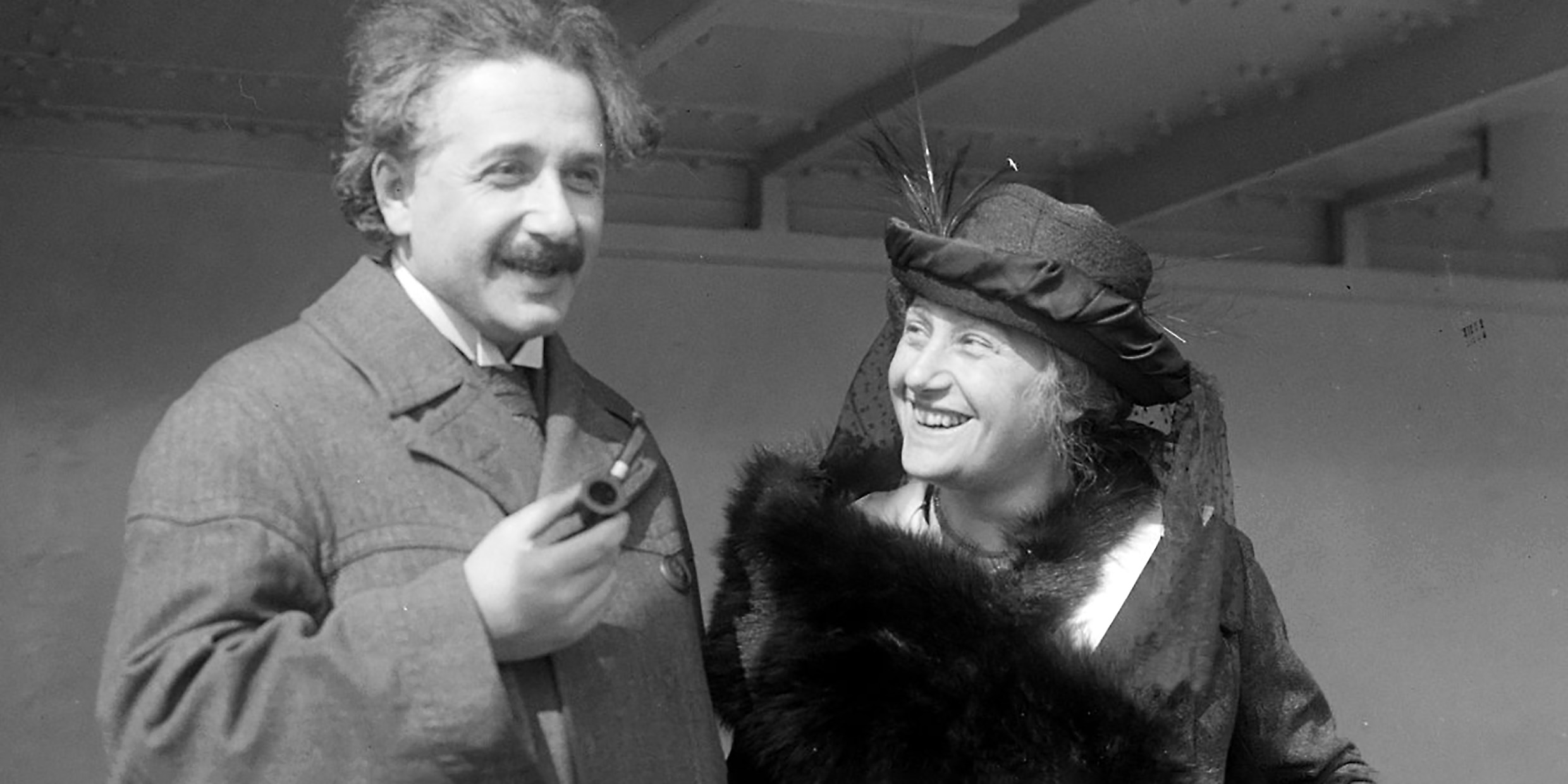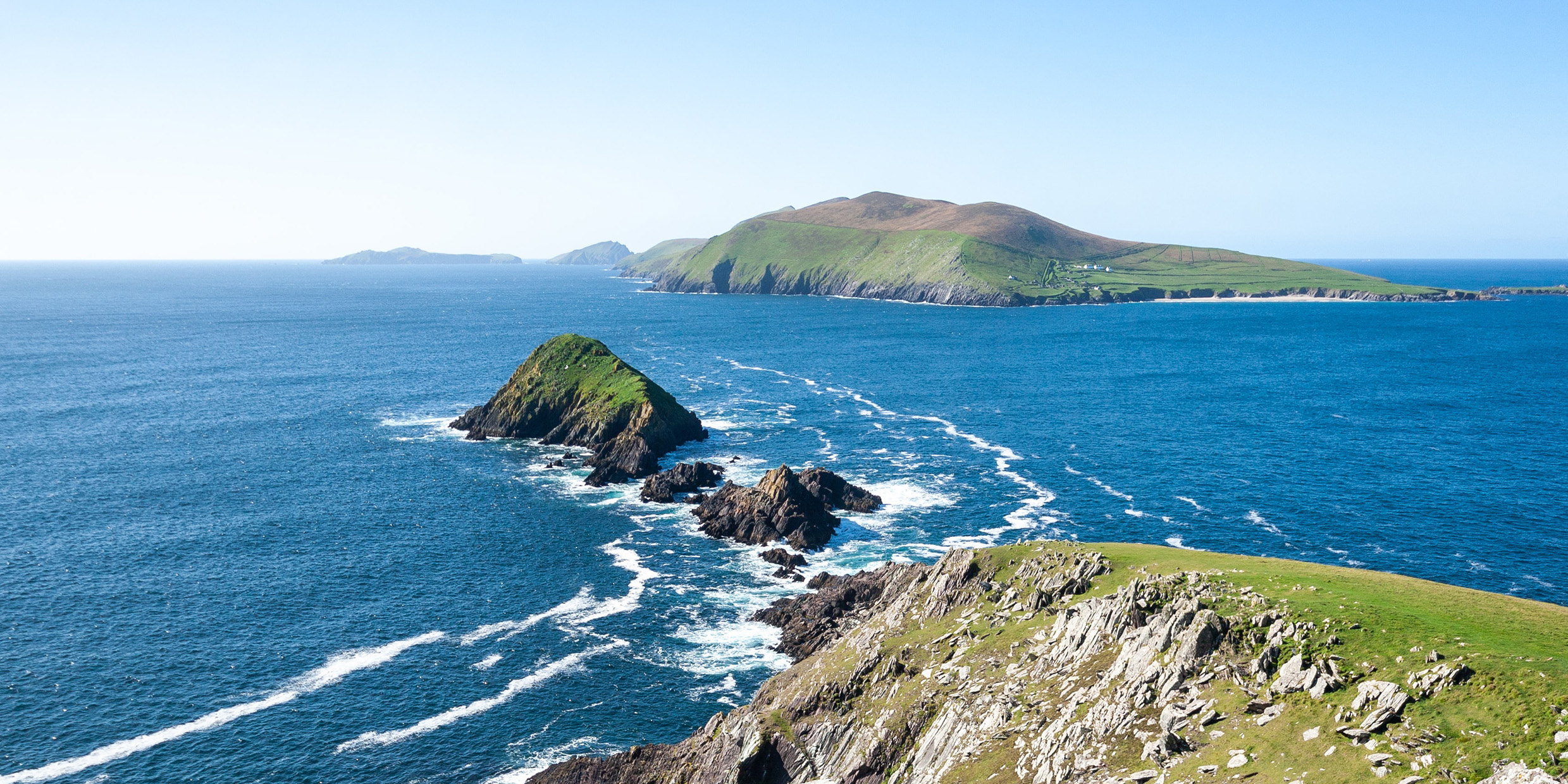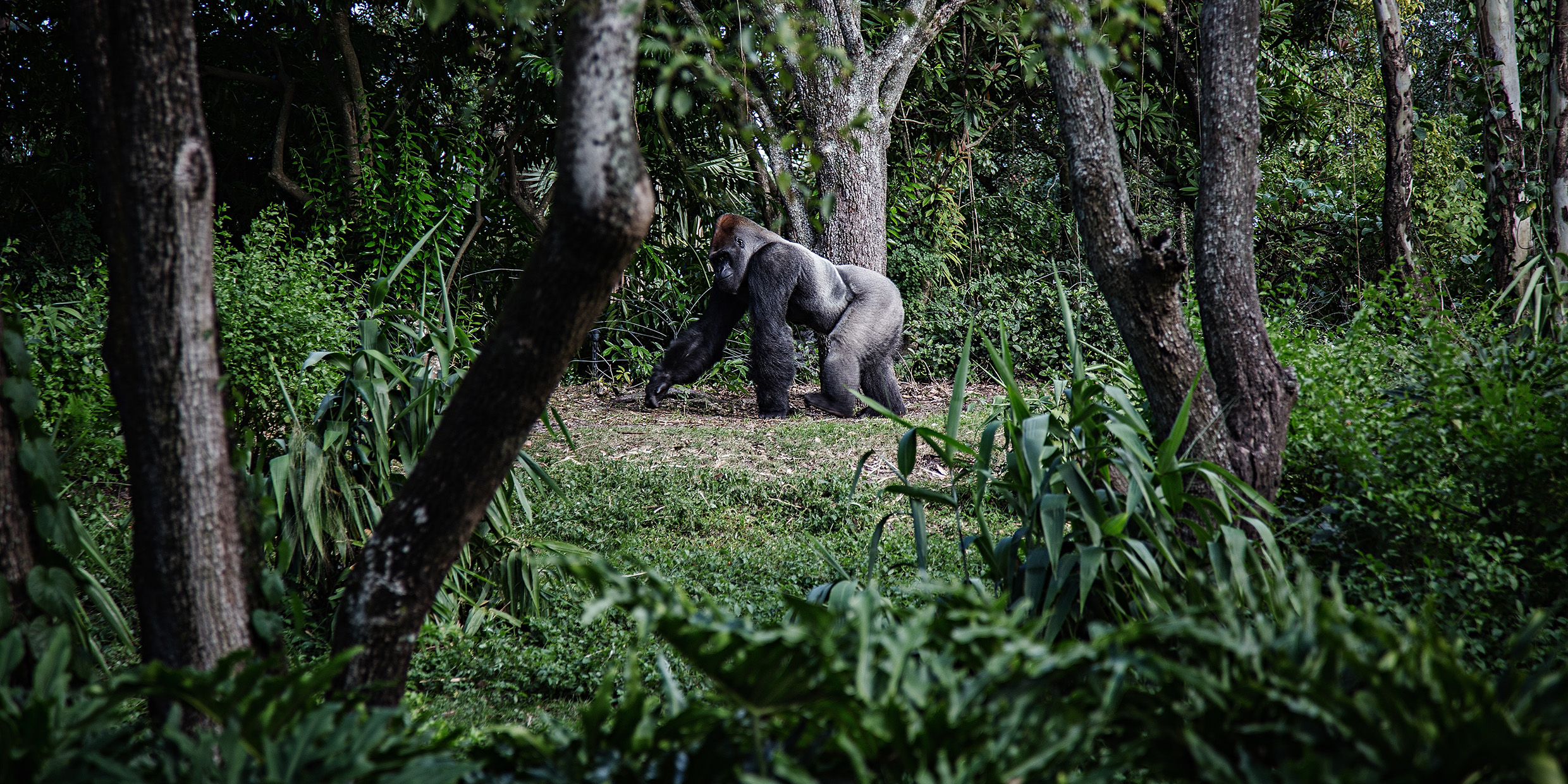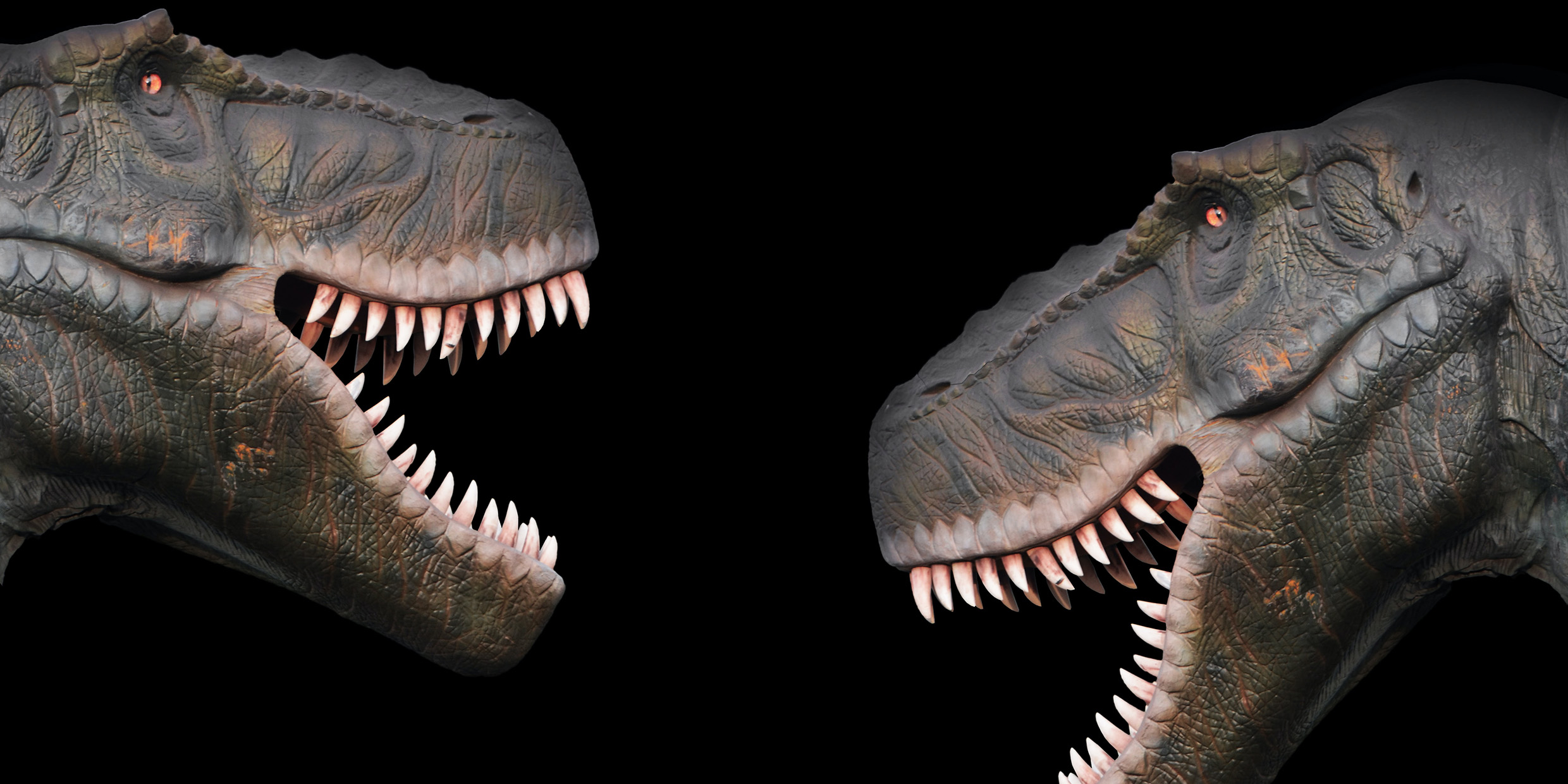In mid-February 1493, Christopher Columbus’ ships, the Niña and the Pinta, neared the Azores on their return journey from the New World. The flagship, Santa Maria, had been wrecked on the shore of what is now Haiti, and Columbus had left some of his crew behind at a place he called Navidad.
Articles from October 2020
Is there life in your computer?
This is the Nineties, right? Not only must we protect ourselves from germs. We must also guard our computers.
The progress of science is worth a few giggles
On Columbus Day [1992], NASA scientists will launch a massive new search for intelligent alien life. The $100 million, 10-year project will use some of the world’s largest radio telescopes and fastest computers to scan the entire sky for signals of intelligent origin, with particular emphasis on 1,000 carefully-selected sun-like stars.
Is science really necessary — or is it just a means to an end?
Elsa Einstein was once asked if she understood her famous husband’s theory of relativity. She replied, “Oh, no, although he has explained it to me many times — but it is not necessary to my happiness.”
Watching the beautiful flutter by
On vacation recently, I was walking along a bog road in the hills of western Ireland. It was 8:30 a.m., the grass wet with dew, the sun burning off the last morning mists. I was accompanied by a dozen red admiral butterflies, fluttering from grass tuft to grass tuft a few yards ahead, pausing now and then to spread their showy black, white, and flame-orange wings, soaking up sunlight, drying out, adjusting their thermostats.
The peril of too much access
The Great Blasket Island lies a mile or so off the westernmost coast of Ireland. Until 1953, the island was home for a small, isolated community of Irish-speaking people, who lived on shipwrecks, herring, and potatoes, without benefit of electricity, telephones, running water, or even that most Irish of amenities, a pub.
Mandelbrot’s got our number
For the jacket of my collection of science essays, the publisher proposed a representation of the Mandelbrot set, a computer-generated mathematical pattern of wonderful complexity, one of a family of patterns called fractals.
Gorillas in the myth
“Man’s curiosity and desire to control the world impel him to study living things,” wrote Robert Yerkes in the prologue to his book on chimpanzees, published just after his retirement as director of the Yale Laboratories of Primate Biology in 1942.
The sex organ we call a nose
We begin life sniffing. Recent research suggests that human sperms are guided on their long, dark journey up the fallopian tube to a waiting egg by a chemical attractant emitted by the egg. The sperm, it seems, is a nose with a propeller.
Look out for Dinowritersaurus
They call him Dino Don. He is Don Lessem, of Waban, Massachusetts, and he is editor and chief writer of Dino Times, a monthly newspaper for kids about dinosaurs, published by the Dinosaur Society.
